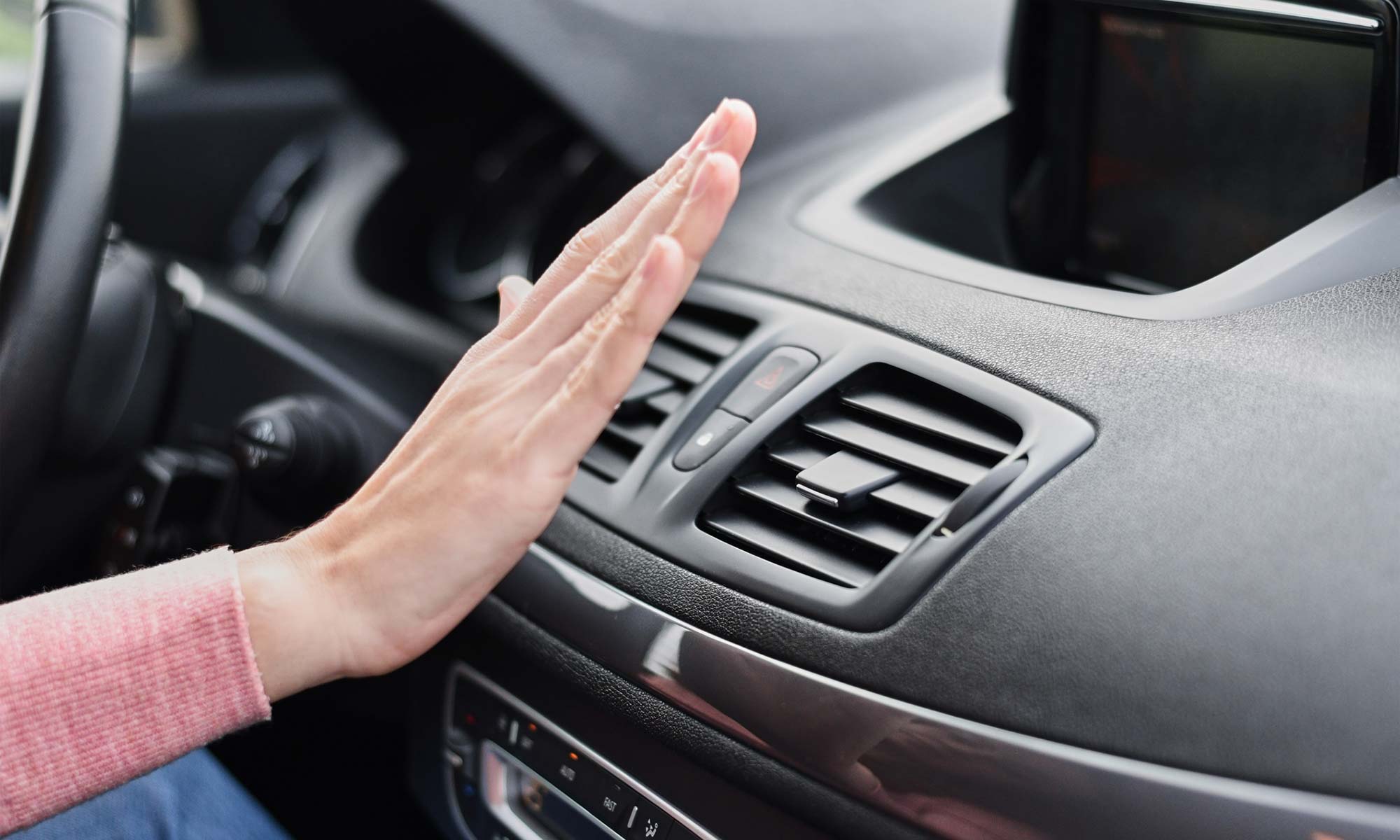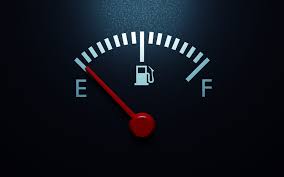Your vehicle’s tires play a crucial role in safety, fuel efficiency, and overall driving performance. Worn-out or damaged tires can lead to decreased traction, poor handling, and an increased risk of blowouts. Knowing when to replace your tires can help prevent accidents and ensure a smooth driving experience.
Signs That You Need New Tires
1. Tread Wear Beyond Safe Levels
The tread on your tires provides grip and traction, especially in wet or slippery conditions. If the tread depth is too low, your tires lose effectiveness.
How to Check: Use the penny test—insert a penny into the tread with Lincoln’s head facing down. If you can see the top of Lincoln’s head, your tread is too low and the tires need replacing.
2. Cracks, Bulges, or Blisters
Visible cracks, bulges, or blisters on the sidewall of a tire indicate structural weakness. These deformities can cause a tire blowout if not replaced promptly.
3. Frequent Air Pressure Loss
If you constantly need to refill your tires with air, there may be a slow leak, puncture, or internal damage. Persistent pressure loss indicates it’s time for new tires.
4. Uneven Tread Wear
Uneven wear patterns may be caused by improper wheel alignment, unbalanced tires, or suspension issues. If you notice significant differences in tread depth, replacing the tires and addressing the underlying cause is necessary.
5. Excessive Vibration While Driving
Unusual vibrations while driving, especially at higher speeds, may signal tire imbalance, internal damage, or alignment problems. If balancing and alignment don’t resolve the issue, you likely need new tires.
6. Age of the Tires
Even if the tread appears fine, tires deteriorate over time due to exposure to heat, UV rays, and environmental factors.
Recommendation: Most manufacturers suggest replacing tires every 6 to 10 years, regardless of mileage.
7. Poor Handling or Traction in Wet Conditions
If your car slips or skids more often in rain or snow, your tires may not be providing adequate grip. Replacing them improves safety and handling.
How to Extend Tire Lifespan
Check tire pressure regularly to maintain proper inflation.
Rotate tires every 5,000-7,500 miles to ensure even wear.
Get wheel alignments when necessary to prevent uneven wear.
Avoid aggressive driving that causes premature tire degradation.
Final Thoughts
Tires are one of the most important components of your vehicle. Recognizing the signs of worn-out tires and replacing them in a timely manner enhances safety, improves fuel efficiency, and provides a smoother driving experience.
Need new tires? Visit our shop for professional tire inspection and replacement today!




